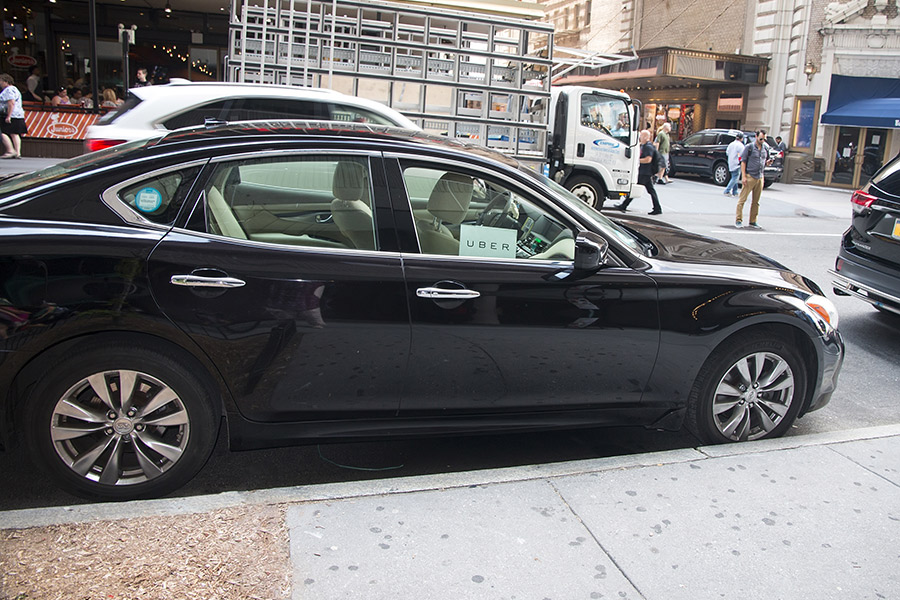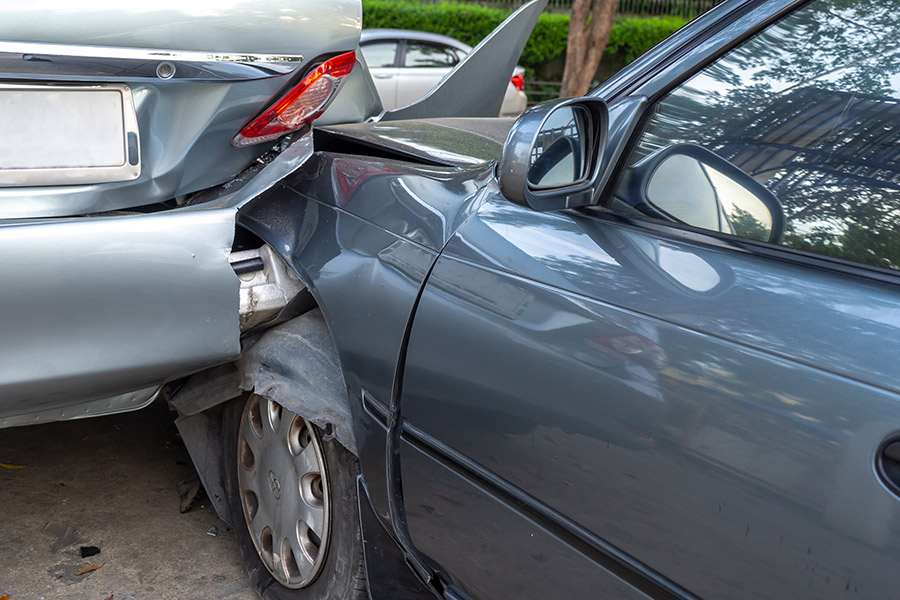
Crashes while using Uber, Lyft, or other rideshares
Every day, around 5.4 million Uber drivers provide about 23 million rides in 72 countries around the globe. Rideshare companies like Uber and Lyft have plainly transformed the way we think about transportation and have become significant players in the gig economy. While rides with Uber and Lyft are generally safer than average, there are a number of Michigan laws that govern both no-fault and negligence law if a collision does occur.
Under Michigan’s no-fault law, a passenger who is injured while riding in an Uber looks first to their own car insurance for personal injury protection (PIP) benefits – including payments for medical care, wage loss, in-home nursing care, household services, and survivor’s loss. If the passenger does not have automobile insurance, they can collect these benefits from the insurer of a spouse or relative who lives with them. If there are no such insurance policies, the passenger then looks to the driver’s insurance policy.
